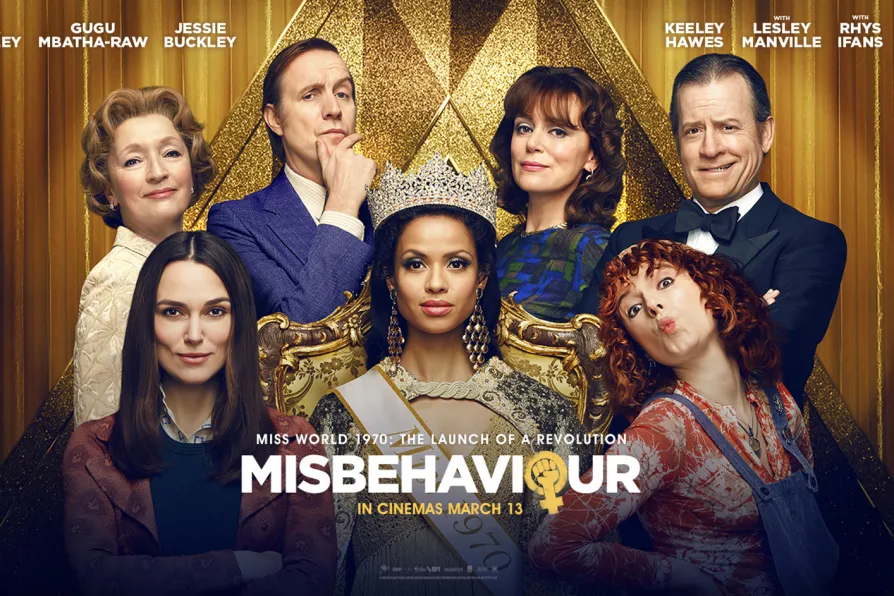RITA DI SANTO draws attention to a new film that features Ken Loach and Jeremy Corbyn, and their personal experience of media misrepresentation


Misbehaviour (12A)
Directed by Philippa Lowthorpe
THE 1970 Miss World protest by the newly formed Women’s Liberation Movement, which put them on the global map overnight, is immortalised and celebrated in this wonderfully entertaining yet poignant comedy drama.
The protesters, who infiltrated the televised beauty pageant as audience members, disrupted the proceedings live on air. They hurled flour bombs and fired a water pistol at the show’s host, the womanising “comedy legend” Bob Hope (Greg Kinnear), following his appalling sexist jokes and in protest at the demeaning way the competition treated and portrayed women.

The Star's critic MARIA DUARTE reviews Along Came Love, The Ballad of Wallis Island, The Ritual, and Karate Kid: Legends

The Star's critics MARIA DUARTE and MICHAL BONCZA review Backlash: The Murder of George Floyd, The Uninvited, The Surfer, and Motel Destino

Borrowed Time: Lennon’s Last Decade, Parthenope, Where Dragons Live and Thunderbolts* reviewed by MICHAL BONCZA and MARIA DUARTE











